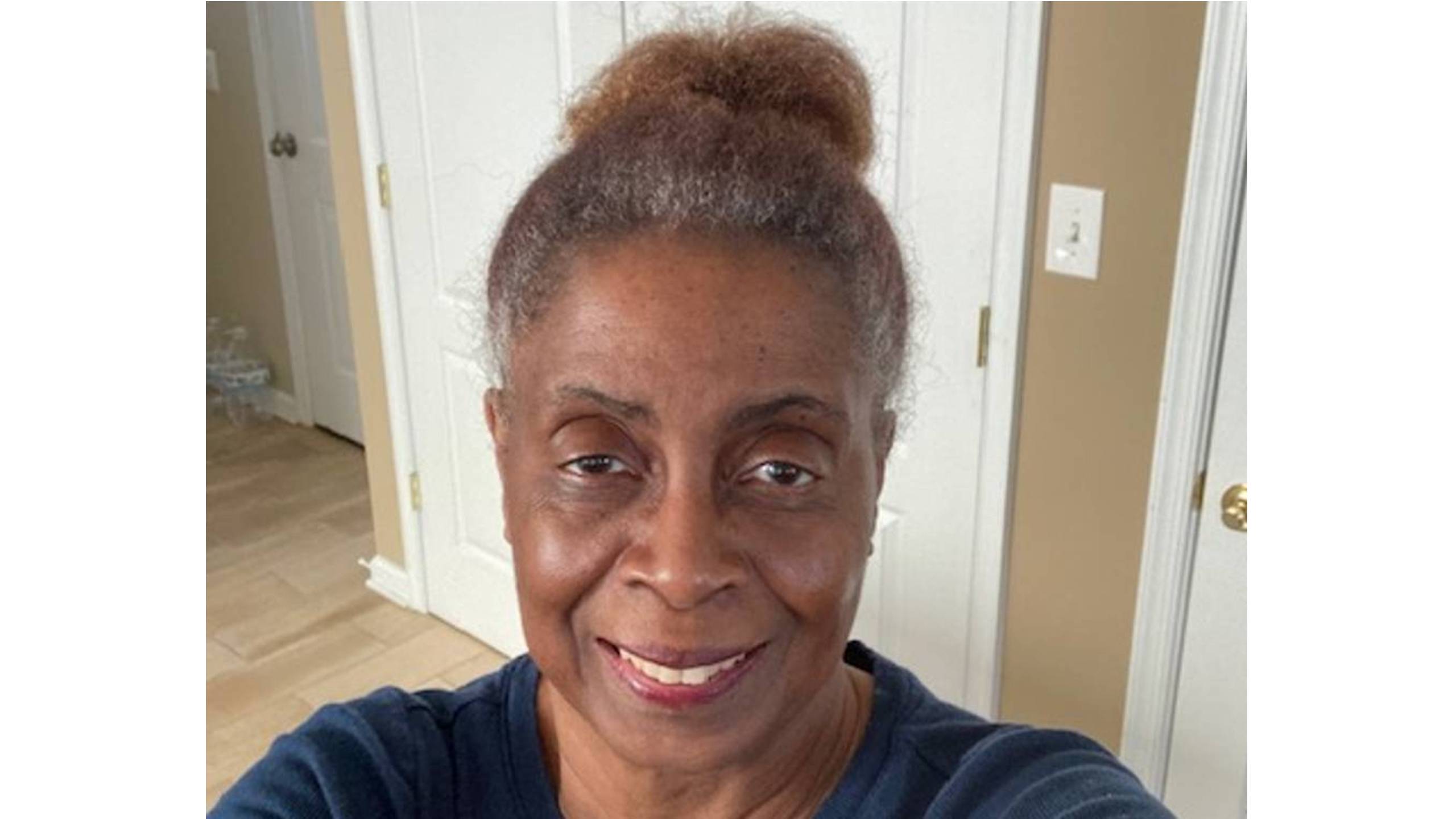Lung cancer guidelines changed for ex-smokers
The American Cancer Society has changed its screening guidelines for ex-smokers. Previously, those who quit 15 or more years ago were in the clear. Now, though, anyone who smoked a pack of cigarettes a day for 20 years is encouraged to have an annual lung CT scan. New studies have shown expanding screening eligibility saved lives even among people who quit smoking years earlier.
Hearing aids impact longevity
New research shows that U.S. adults with hearing loss who regularly wear hearing aids have a 24 percent lower risk of dying earlier than those who never wear them, according to findings recently published in The Lancet Healthy Longevity journal. The findings showed the lower mortality risk regardless of age, gender, socioeconomic status, race, type of insurance, severity of hearing loss and other medical conditions. And the worse someone’s hearing loss was, the greater their risk of an earlier death.
Findings in other studies have shown that wearing hearing aids is associated with a 48 percent reduction in cognitive decline. And MRI scans show that hearing-aid users have a slower rate of brain tissue loss.
What helps with night blindness?
According to an article in Harvard Men’s Health Watch, there are several simple actions you can take if you’re having trouble driving at night. They include:
- Have an eye exam to check for cataracts, glaucoma or dry eye. Sometimes a prescription change is enough to reduce glare. Separate glasses with a stronger prescription just for night driving may also help.
- Add an anti-reflective coating to cut down on glare from headlights.
- Ask your primary care doctor or a pharmacist if any of your medications might cause night blindness.
- Wash the lenses of your glasses regularly and take them to an optician to buff out minor scratches.
- Keep both sides of your front and rear car windshields clean so you can see as clearly as possible.
- Dim your dashboard lights, which cause glare and use the night setting on your rearview mirror.
Everyday activities can count as exercise.
Researchers used wrist activity trackers to measure daily activities for one week of more than 25,000 people ages 42 to 78, who did not exercise formally. The results were compared with their health status eight years later.
They discovered that people who did multiple bouts of daily activities lasting from 1 to 10 minutes, for a total of about 28 minutes, had a lower risk for heart attacks and strokes compared to those who were active for less than a minute at a time. These were activities such as taking stairs, mopping the floor, gardening, or playing energetically with children.
Intensity was the key, as the more vigorous the activity, the greater the benefit, although it only took 15 percent or 10 seconds for every minute at a vigorous level and the rest at a moderate level. The results were published in the October issue of The Lancet Public Health.
Toothbrushing prevents hospital-acquired pneumonia.
New Harvard-led research published in JAMA Internal Medicine suggests seriously ill hospitalized patients are far less likely to develop hospital-acquired pneumonia if their teeth are brushed twice daily. They also need ventilators for less time, can leave the intensive care unit (ICU) more quickly and are less likely to die in the ICU than patients without a similar toothbrushing regimen.
Each year more than 633,000 Americans who go to the hospital for other health issues wind up getting pneumonia. Nearly eight percent of those who develop hospital-acquired pneumonia die from it.
10 tips for safer surgeries
- Know what medicines to take with you.
- Don’t eat after midnight.
- Prepare your home for your return.
- Shower the night before with an antiseptic.
- Ask about receiving an antibiotic before surgery.
- Never use razor blades to shave a surgical site.
- Remind caregivers to wash their hands often.
- Mark your surgical site with a pen or marker.
- Check your hospital ID band, and allergy band if you need one, to make sure the information is correct.
- Meet with your surgeon and anesthesiologist right before the procedure.
Source: Welvie, My Surgery
Protein needs for seniors
New research indicates that older adults may need more protein than current federal guidelines, according to a recent New York Times article. For those over 65, the higher recommendation is for 0.45 to 0.54 grams per pound.
For a 185-pound adult, that translates to 84 to 101 grams of protein per day, which you can get with one cup of cottage cheese, a cup of tuna salad on whole wheat bread and a six-ounce chicken breast in one day.
However, if you do vigorous exercise or are recovering from an infection, hospitalization, surgery or bed rest, you’ll need more.
Among those aged 71 and older, about 50 percent of women and 30 percent of men aren’t meeting even the lower federal recommendations for protein.



